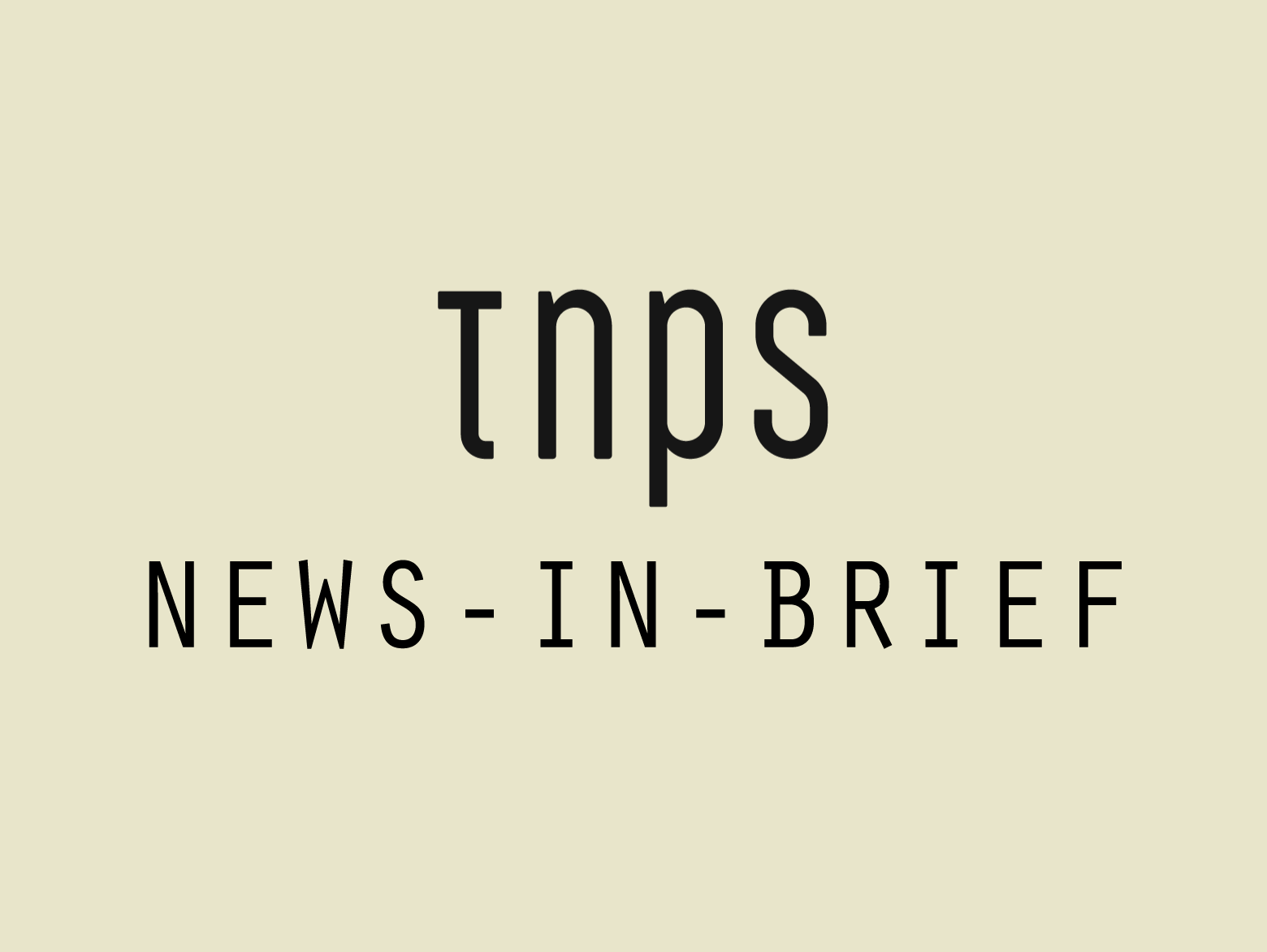The fact that it is part AI-written raises questions about this book being translated and published in other countries where copyright law may not offer full protection.
Music to my ears. A book part-written by AI has won a prestigious literary award. A fatal blow to the AI Resistance, but also a whole load of trouble for lawmakers and AI regulators who thought they had the topic nailed.
Since long before ChatGPT made AI a public amenity back in November 2022, authors, publishers and other creatives have been saying, with all the certainty that comes with not having a clue what they are talking about, that AI will never be able to replicate human creativity and quality.
Those of us who witnessed and understood the significance of the Kasparov vs Deep Blue chess tournament in the mid-1990s, have just been counting the days for them to be proven wrong. That day has come. But first some background.
When first Gary Kasparov beat IBM’s Deep Blue in 1996 in Philadelphia, mankind breathed a collective sigh of relief. With five years still to go until 2001, the spectre of HAL2000 had been relegated to the movie reel of history.
That is, until the following year in New York, when the notion that a machine could never beat a human was blown out of the water in the 1997 New York City rematch when, in possibly the most exciting spectacle of human achievement since man landed on the Moon, Deep Blue trounced Kasparov. The greatest chess player the world had ever seen had been defeated by a machine.
A machine, of course, created by humans, just as the modern-day chatbots have been created by humans.
Those who misunderstand chess will say it was a calculations game and Kasparov was simply outnumbered, but a good chess game is an art, a thing of infinite beauty.
And the day Kasparov symbolically knocked over his king after just nineteen moves (Nineteen! This was a massacre!) was the day AI came of age. Everything since then has just been a prelude to ChatGPT and its many successors.
And in our hearts we all knew that, whether we understood chess or not. Which is why, when the Luddite Camp blandly asserts AI can never equal human creative quality, they in the same breath can be guaranteed to rant about how AI will take our creatives’ jobs.
This week, news came from Japan that dismantled the two competing Luddite arguments simultaneously.
Rie Kudan, winner of the biannual Akutagawa Prize, said to be Japan’s most prestigious literary award, was about ten when Gary Kasparov let mankind down, so may or may not have known about Deep Blue. but she certainly knew about modern AI.
Earlier this week, Kudan collected the Akutagawa Prize for her novel, “Tokyo-to Dojo-to”, a novel with AI themes, that was lauded by a judge for being “almost flawless” and “universally enjoyable.“
Savour those words. A judge for the most prestigious literary prize in Japan, a country that has produced three Nobel laureates, a Booker prize winner and a Man Booker International Prize winner, said Kudan’s work was “almost flawless” and “universally enjoyable.”
Let’s hope the judge was not one of those Luddites that had been asserting AI could never match human creativity, because Kudan has now revealed she used ChatGPT to develop the book.
“I made active use of generative AI like ChatGPT in writing this book,” Kudan said, adding, “I would say about five percent of the book quoted verbatim the sentences generated by AI.“
Music to my ears. Egg on the faces of everyone who has blandly said AI can not match human quality.
At the time of this post going live, there is no word about how this revelation will affect the copyright of the book in Japan, but the fact that it is part AI-written raises questions about this book being translated and published in other countries where copyright law may not offer full protection.
The timing could not be better (or worse, depending on which side of the AI fence you are on).
Because just as IP laws are being reconsidered and reworked, and nonsensical legal decrees are being made about how AI-created works cannot possibly be allowed copyright protection because it is against the natural order of things, some inconsiderate judges in Japan have lauded a work part-created by AI as “almost flawless.”
As we all know, winning any major international literary prize means rights deals and translations galore, and for Kudan the bonanza of additional publicity her AI admission has created means this book will be an even hotter property.
But hold on. If AI works are not protected by copyright in some (most) countries, which agents and publishers will be brave enough, or foolish enough, to bid for these rights?
A whole new can of AI worms has just been opened.
This post first appeared in the TNPS LinkedIn Pulse newsletter.





